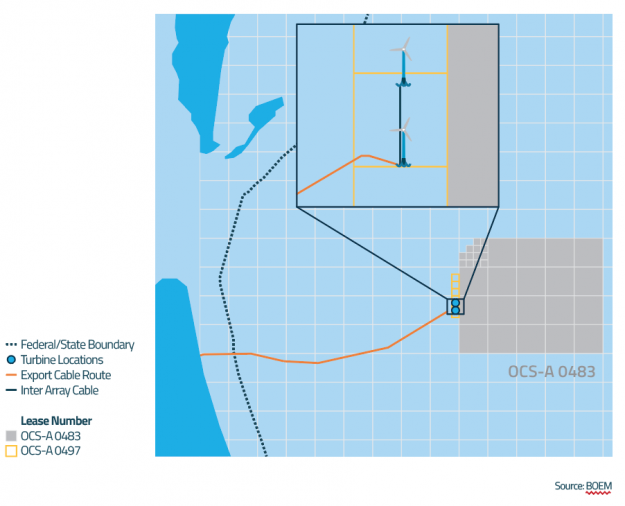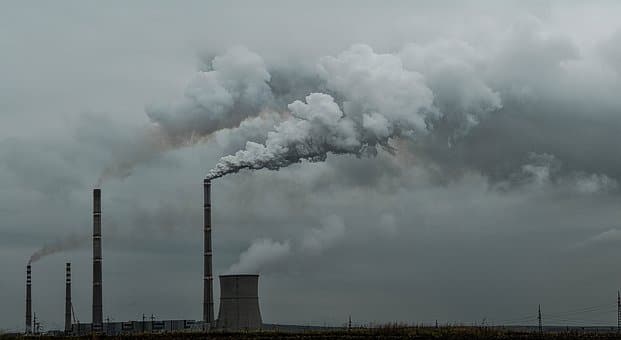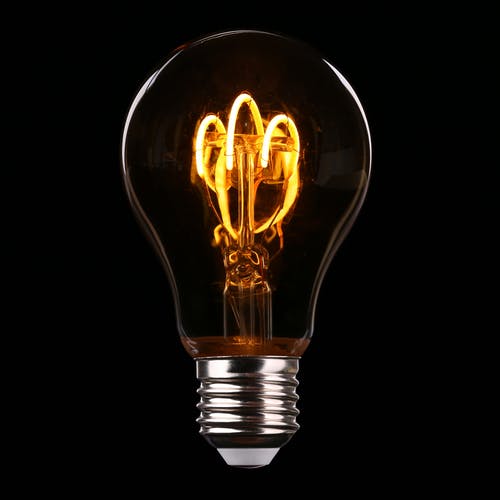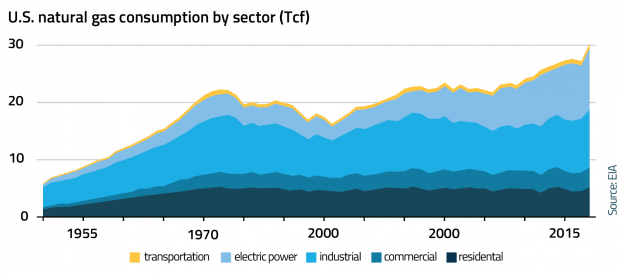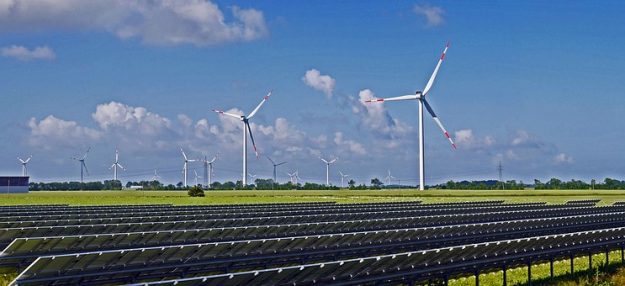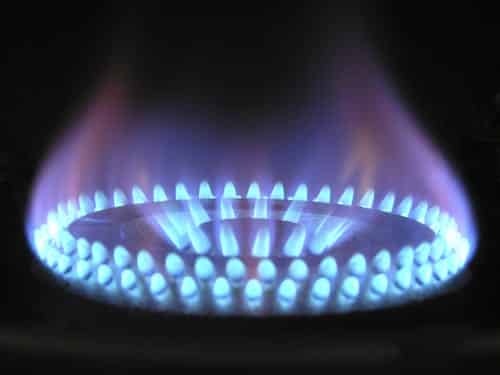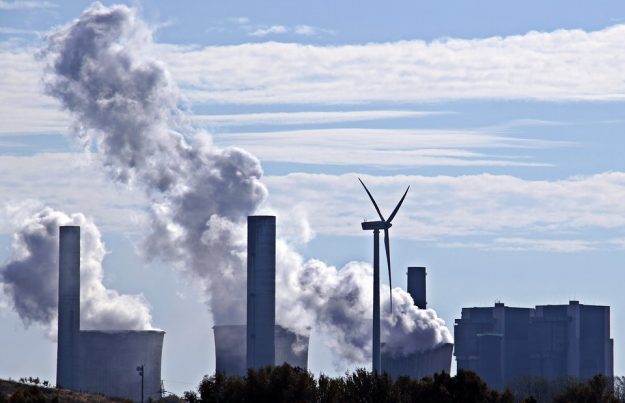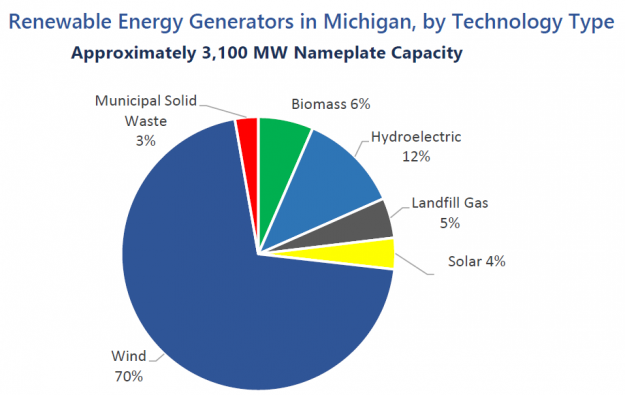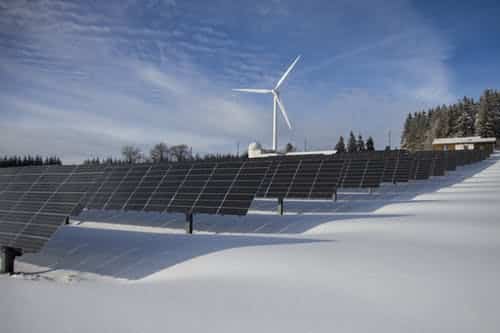EnerKnol’s State Policy Playbook: Virginia Joins Top Tier of U.S. States Advancing Climate Action
Virginia has become the first state in the South to begin a clean energy transition with the passage of a sweeping energy bill that sets the state on the path to carbon-free power by 2050. The law replaces the voluntary renewable energy portfolio program with a mandatory standard, and paves the way for an enormous expansion of wind and solar power, energy storage, and energy efficiency.
